Africa
Omar Harfouch, a Lebanon native, received a lot of support during his visit at the European Parliament
The European Parliament held a plenary session in Strasbourg on the situation in Lebanon on June 13th, 2023. Omar Harfouch is a political and human-rights activist who met with MEPs at the European Parliament to raise awareness about the human rights situation in Lebanon.
In his office, Vice-President Othmar Kars held a long meeting to discuss religious liberty as well as dialogue and the need for peace and coexistence among the different religious groups to ensure security and prosperity for Lebanese.
Members of the European parliament showed respect and admiration to Harfouch for his commitment to establish a dialogue between different political and religious organizations as well as for his fight against corruption, and for a democratic and free Lebanon.
MEP Lopez spoke in the plenary later that day to draw attention to the case of Harfouch, and to raise public awareness about Arab and Lebanese leaders and youth who are trying to establish a dialog and fight institutional antisemitism but find themselves accused of treason or worse, face prison time or the death penalty.
Harfouch, during his meetings with MEPs explained that the economic situation had worsened after the Beirut Blast, and that his native Lebanon was struggling against corruption, after a large sum of money (about ten billion euros) were transferred to European bank accounts of Lebanese Elite PEPs, ministers, and politicians, and their families.
The Financial French Tribunal, the Swiss Justice and some NGOs were able to freeze 600 million euros of stolen Lebanese funds thanks to his tireless work over the past two years with Judge Ghada Aoun and famous French Lawyer William Bourdon.
Omar Harfouch’s program aims to promote women’s rights and give Lebanese mothers the right to give citizenship for their children born with foreign fathers.
He also wants to solve the refugee problem by naturalizing Palestinian children born in Lebanon and living there as refugees for years, who do not have access to water, health care or education.
There is an arrest warrant for Harfouch Since he attended a conference in the European Parliament where, according to his pro-Hezbollah allies and pro-Israel citizens, he was present. Harfouch met with MEP Lizzi, (member of the Mashreq delegation), MEP Andrey Kovatchev, (member of AFET Committee), and MEP Anna Bonfrisco. EU Foreign, MEP Lopez Isturiz, MEP David Lega, as well as MEP Alvarez.
The above MEPs expressed their support and solidarity for the Lebanese and the EU commitment to aid Lebanon in its political and economic crisis as well as to advocate for freedom and democracy. Human rights Women’s rights in Lebanon
Africa
Kenyan President’s Church Donation Causes Riots
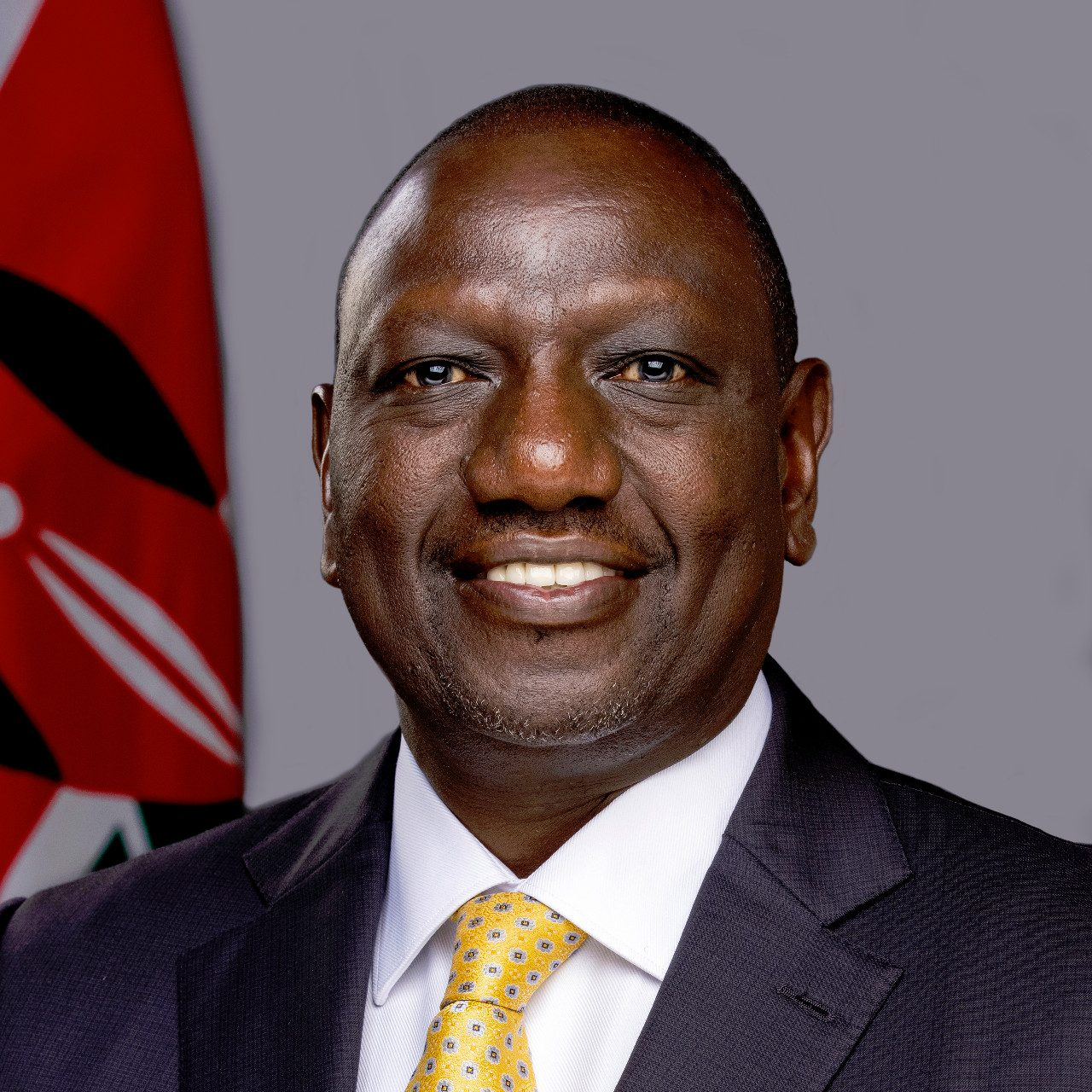
A church donation by Kenyan President William Ruto has caused unrest in the country, the BBC reports. Protesters tried to storm a church that had received a large donation from the head of state. Police had to use force and tear gas to disperse them.
The protesters tried to enter the church and set it on fire. The demonstrators used stones to block roads. In the ensuing clashes with the police, some people were detained, the exact number of whom was not specified.
The donation of 20 million shillings ($155,000) to the “Jesus Victorious Ministry” in the Nairobi suburb of Roysambu has caused discontent among Kenyans struggling with the high cost of living. Ruto defended his actions and offered a similar gift to another church in Eldoret.
According to Ruto, the donation is an attempt to address the country’s moral decline. “Kenya needs to know God so that we can put to shame those who tell us we cannot communicate with the church,” he noted.
Last year, both Kenya’s Catholic and Anglican leaders rejected donations, arguing that there was a need to protect the church from being used for political purposes.
Kenyans were angered by a series of tax increases introduced after Ruto was elected in 2022. In 2024, a wave of nationwide protests forced Ruto to withdraw his finance bill, which contained a series of tax increases.
Photo: His Excellency Dr. William Samoei Ruto was sworn in on September 13, 2022, after winning the Presidential election.
Africa
Shadows Over Democracy in Mozambique
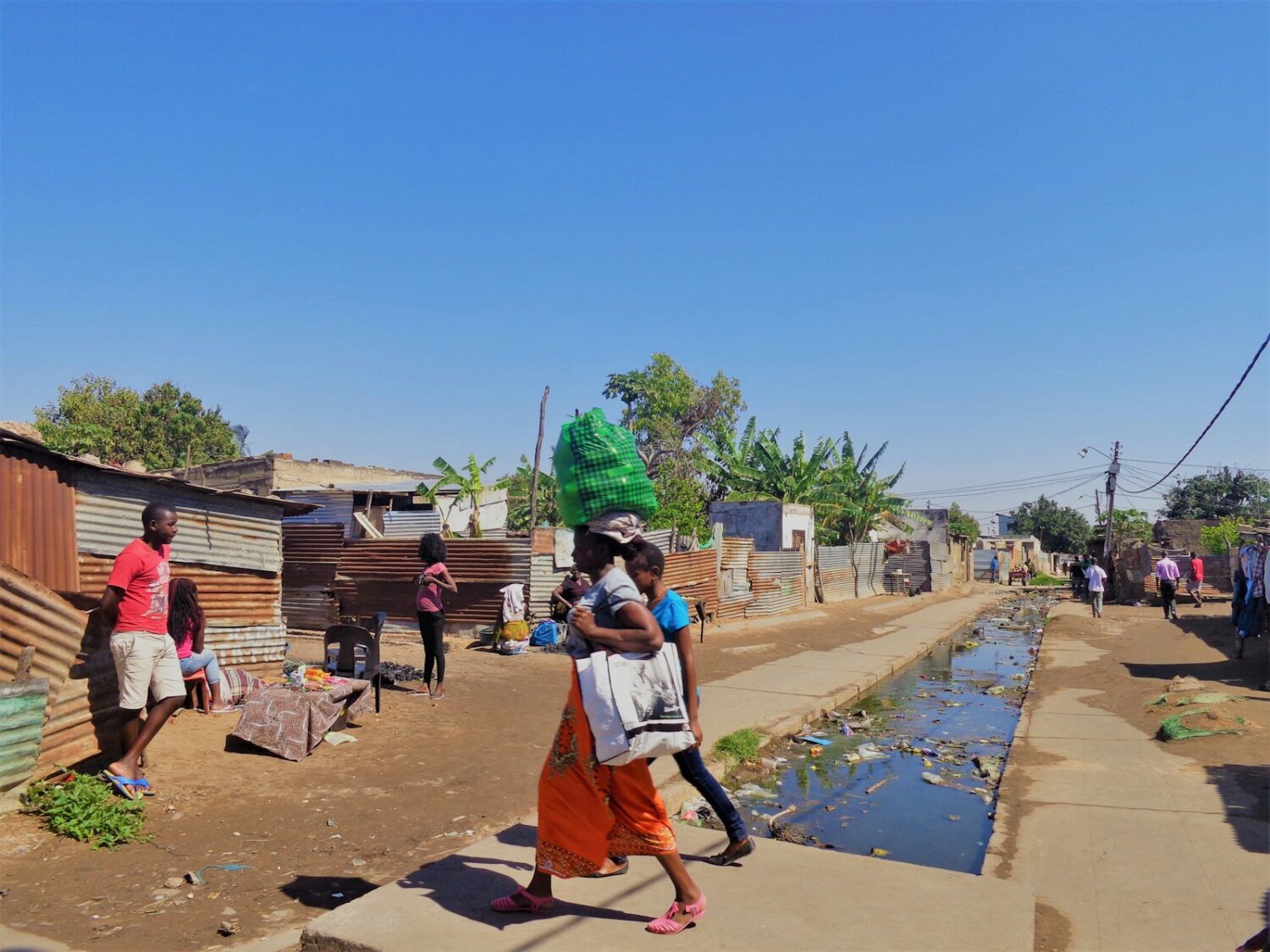
In a deeply concerning development in Mozambique’s political landscape, the European Union (EU) has condemned the recent killings of two prominent figures: Elvino Dias, a legal advisor to Presidential candidate Venâncio Mondlane, and opposition politician Paulo Guambe. The EU stated that these politically motivated murders have no place in a democracy and expressed its heartfelt condolences to the families and friends of the deceased.
The EU’s strong condemnation comes in the wake of alarming reports regarding the violent dispersal of political supporters following last week’s elections in Mozambique. The Union has called for an immediate, thorough, and transparent investigation into the killings, demanding justice for those responsible and clarity on the circumstances surrounding these outrageous crimes. The EU reiterated its hope for a timely response from the Mozambican Government, emphasizing that a quick and effective inquiry is essential to restore public confidence.
In addition to seeking accountability for the murders, the EU has urged all parties to exercise restraint during this turbulent post-electoral period. The organization underlined the importance of respecting fundamental freedoms and political rights, asserting that strong protective measures for all candidates are crucial to ensuring their safety and fostering a more stable political environment.
Meanwhile, the European Union Election Observation Mission remains actively engaged in Mozambique, closely assessing the ongoing electoral process. The EU expects the country’s Election Management Bodies to uphold integrity in their operations, ensuring that the electoral process is conducted with due diligence and transparency—reflecting the will of the Mozambican people.
As the nation grapples with the implications of these political killings, the international community watches closely, hoping for accountability, peace, and the preservation of democratic values in Mozambique.
Africa
The European Union and Morocco: Navigating Trade Relations and Geopolitical Issues
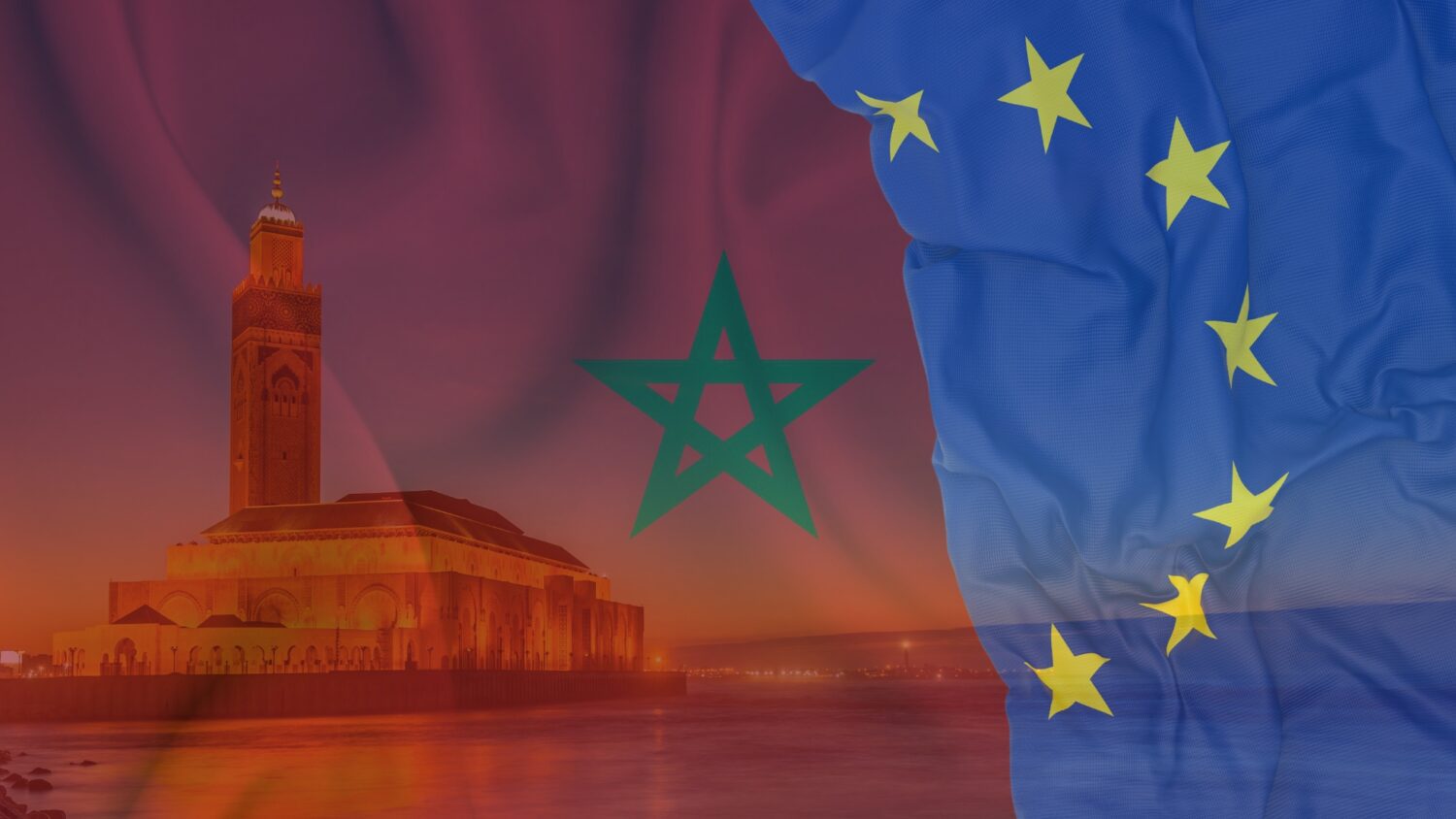
The European Union and the Agreements with Morocco: An In-Depth Analysis of Recent Developments
The European Union (EU) has recently taken crucial decisions regarding its fisheries and agriculture agreements with Morocco, a matter that raises complex economic, political and legal issues. These agreements, which allow European vessels access to Moroccan waters and facilitate the import of Moroccan agricultural products into the European market, are essential for both parties. However, they are also marked by tensions linked to the Western Sahara issue.
Legal background to the agreements
The fisheries and agriculture agreements between the EU and Morocco have been renewed several times since they were first signed. However, their legitimacy has been called into question, notably following rulings by the Court of Justice of the European Union (CJEU). In 2016, the CJEU annulled a fisheries agreement, arguing that it failed to comply with international law, particularly with regard to the rights of the Saharan people. The Court stressed that the resources of Western Sahara cannot be exploited without the consent of its people, leading to a re-evaluation of existing agreements.
Morocco’s position and international support
Morocco has championed an autonomy initiative for Western Sahara, proposing a solution that would allow the territory to enjoy a degree of autonomy while remaining under Moroccan sovereignty. This initiative has received the support of over 100 nations, including major geopolitical players such as the United States, France, the United Arab Emirates, Israel, Germany and Spain. This international support is crucial for Morocco, as it strengthens its position on the international stage and enables it to legitimize its actions regarding the Western Sahara.
Morocco maintains that the proposed autonomy is the best solution for ensuring stability and development in the region. The Moroccan authorities maintain that this initiative could encourage dialogue and cooperation between the various stakeholders, while guaranteeing respect for the rights of local populations.
Reactions from the Polisario Front
In contrast, the Polisario Front, which claims independence for Western Sahara and is supported by Algeria, advocates a referendum on self-determination for the Saharan people. This position has historically enjoyed some international support, but is currently less popular in the current geopolitical context.
The difficulties of implementing a referendum are manifold. Analysts point out that issues such as voter registration, factional tensions and security concerns make it a complex option. Moreover, international support for the Polisario Front has waned in recent years, further complicating its position.
Economic consequences of the agreements
The fisheries and agriculture agreements are of vital importance to the Moroccan economy. The fishing industry, in particular, is an essential source of income and employment, especially in coastal regions. Access to the European market enables Moroccan fishermen to sell their products at a competitive price, while meeting the growing demand for seafood products in Europe.
At the same time, the agricultural agreement also opens up opportunities for Morocco to export agricultural products, promoting the development of Moroccan agriculture. For the EU, these agreements guarantee a stable supply of food products while supporting sustainable fishing, which is crucial in the context of growing concerns about food security in Europe.
Future challenges
The challenges facing the EU and Morocco are many. The need to reconcile economic interests with the requirements of international law and humanitarian concerns is paramount. The situation in Western Sahara continues to be a sticking point influencing EU negotiations and decisions.
The EU seeks to maintain advantageous trade relations with Morocco while respecting the principles of international law. The complexity of this situation calls for continuous and constructive dialogue between the various parties, in order to find lasting solutions that are acceptable to all.
Future prospects
In the future, the EU may consider modifications to its agreements to ensure their compliance with international legal standards while safeguarding its economic interests. Enhanced dialogue between the EU and Morocco will be essential to navigate these complexities. Morocco’s international support could also play a key role in future discussions, influencing EU decisions.
In summary, the EU’s decision on fisheries and agriculture agreements with Morocco represents a delicate balance between economic interests, legal considerations and humanitarian issues. Future discussions will need to take these various aspects into account to achieve sustainable solutions, while recognizing the international context that shapes this dynamic. The future of EU-Morocco relations will depend on the ability of both parties to overcome current challenges and cooperate constructively for the development of the region.
-

 EU & the World7 days ago
EU & the World7 days agoArabella Stanton: 5 Things to Know About the Actress Playing Hermione
-
EU & the World2 days ago
Aurora Borealis Forecast: Where & When to See the Northern Lights Tonight
-
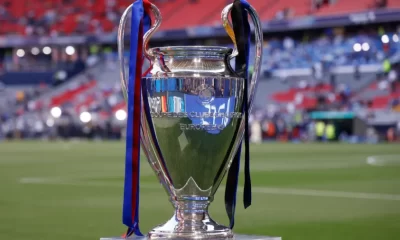
 Sports3 days ago
Sports3 days agoChampions League Final 2024-2025: PSG-Inter, official lineups
-

 EU & the World7 days ago
EU & the World7 days agoWho Is Mary Lou Retton? About the Olympic Gymnast
-
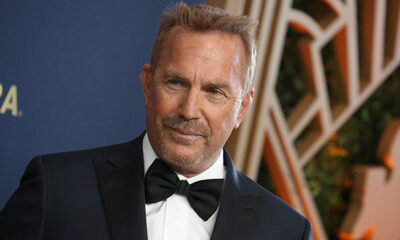
 EU & the World6 days ago
EU & the World6 days agoWhat Is Kevin Costner’s Net Worth? How Much the Actor Makes
-

 EU & the World6 days ago
EU & the World6 days ago‘Survivor’ Season 50 Cast: See Which Stars Are Competing
-
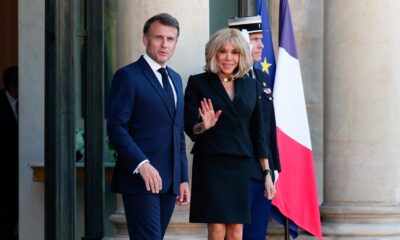
 EU & the World7 days ago
EU & the World7 days agoDoes Emmanuel Macron Have Children With Wife Brigitte?
-

 EU & the World6 days ago
EU & the World6 days agoTodd Chrisley’s Kids: Everything To Know About The 5 Children He Shares With Julie








